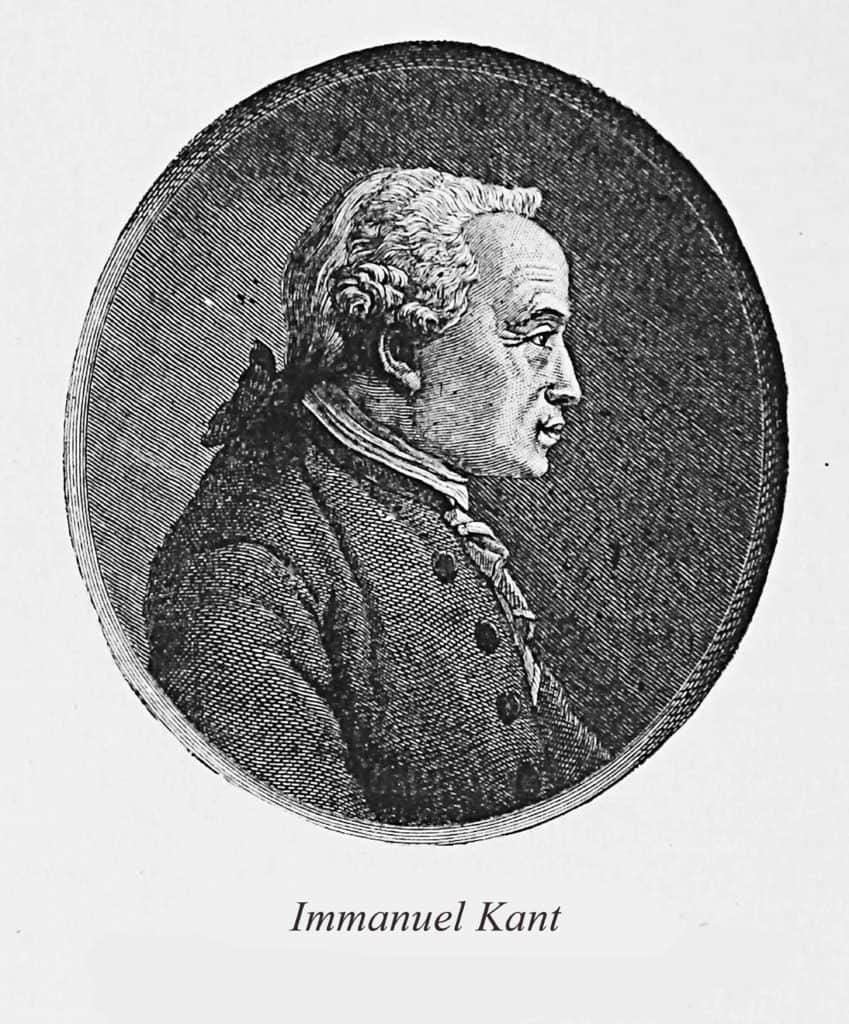It has been said that the Internet is a mile wide and only an inch deep. It is not likely that a word like “teleology” is going to be trending on Google. This is unfortunate because teleology is often at the center of many important debates that are currently on-going (often unbeknownst to those debating). Let’s explore what this important word means and find out how it got lost in time.
What Is Teleology?
Teleology has its origin in Aristotelian philosophy. It comes from the Greek word telos which means “end” or “purpose.” Thus, it is the study of the meaning or purpose of things.
Aristotle’s idea was that all things had a “final cause” or purpose for why they exist. For example, the primary purpose (final cause) of an acorn is to become an oak tree. Aristotle’s idea of teleology was limited to the nature of things themselves and ultimately he thought that things did not strive to achieve some ultimate cause or cosmic purpose.
After Aristotle, however, the concept of teleology expanded to include the idea of an ultimate cause or cosmic purpose. This happened when the Christian theological perspective was interwoven with Aristotle’s view of final causation. Today teleology is largely viewed from this theological perspective.
Critique of Teleology
Since the time of Francis Bacon scientific thought has continually pulled at the threads of teleology. However, the first major philosophical critic of teleology was David Hume. Although his criticisms were leveled much more at the idea of intelligent design, his ideas begin to break down the idea of teleology. Hume’s ideas suggest a more mechanistic reason for why things happen the way they do. He also was a proponent of strict empiricism and believed many things which could not be observed should not be trusted. Thus, any teleological belief was subject to skepticism.
“Look round the world: contemplate the whole and every part of it: You will find it to be nothing but one great machine…”
-David Hume

Another critic of teleology is the German philosopher Immanuel Kant. Kant’s belief was that human’s are purposeful and thus tend to project a purpose onto things. Therefore, things in and of themselves have no purpose other than the purpose that we give them. Thus, teleological explanations are merely placeholders and useful insofar as they provide explanations until scientific explanations can take their place. However, Kant did not dismiss teleology outright. Kant believed one could still make teleological judgments in regards to living organisms.
Darwinian evolution further pushed teleological explanations to the sideline. Scientific means were now all one needed to explain living organisms. Even the larger questions such as the ultimate origins of the cosmos and the idea of something coming from nothing are questions were starting to be entertained by science. This pushing of teleology to the sidelines continues to exist.
So Does Teleology Matter?
Although teleology seems to have lost steam amongst most academicians today, teleology still has profound consequences on the everyday life of people everywhere, although this is often unrealized. If someone’s world view is shaped by a teleological belief it is noticeable and has real consequences. Most people have some teleological belief of some kind.
Take for instance the Christian perspective. If someone is a Christian that person ultimately believes in an ultimate purpose for life. That purpose is to love God and love one’s neighbor. Loving God and others could mean little things like giving someone a lift when they have no car, helping someone carry groceries, or helping a blind person cross the street. However, loving someone could also mean things as large as starting a hospital or school, adopting children or families, organ donation and even risking one’s life to save another.
However, teleology can also have negative consequences. Proponents of eugenics read evolutionary theory from a teleological perspective. The obvious consequence of this was the mass slaughter of “lesser races.” Likewise, religions can also be dangerous from a teleological perspective. A religion may go to any lengths to realize its purpose. Examples include terrorism by fundamental extremists, cult suicides, ritual sacrifice, etc. In fact, any person could suffer from an ill-conceived idea of the teleological direction of his or her life which could lead to any number of unfortunate consequences for that person as well as others around them.
Teleology Is Funny

Teleological beliefs have also lead to some humorous situations. In fact, one teleological adherent believed woodworm’s purpose was to promote international relations. Why? Well, woodworm ate ships’ hulls and this provided the opportunity for countries to sell pitch to other countries. Another funny example is that of fleas. Some believed fleas promoted health by blood-sucking without a fee. Hence, the poor benefited the most as this saved them from hiring a physician which they could not afford.
Teleology’s Resurgence
In most religious institutions teleology never left, however, it is largely gone from the scientific world. Nevertheless, some pockets of the scientific world do exist where teleology is making a resurgence. One area is in biology and the study of autopoiesis.
Autopoiesis is the study of self-creating systems. The classic example is the biological cell which is capable of replicating itself on its own. Whole ecosystems as well as social systems also represent autopoietic systems. Multi-cellular organisms also fall into the category of autopoietic systems.
Many find the evolutionary perspective lacking in some important respects in regards to these systems. Instead, they suggest that natural section will have to join with self-organizational science to form a way of thinking about how the means and ends of these systems interact. Although this new science stops at the idea of an intelligence or consciousness being behind all of these processes.



